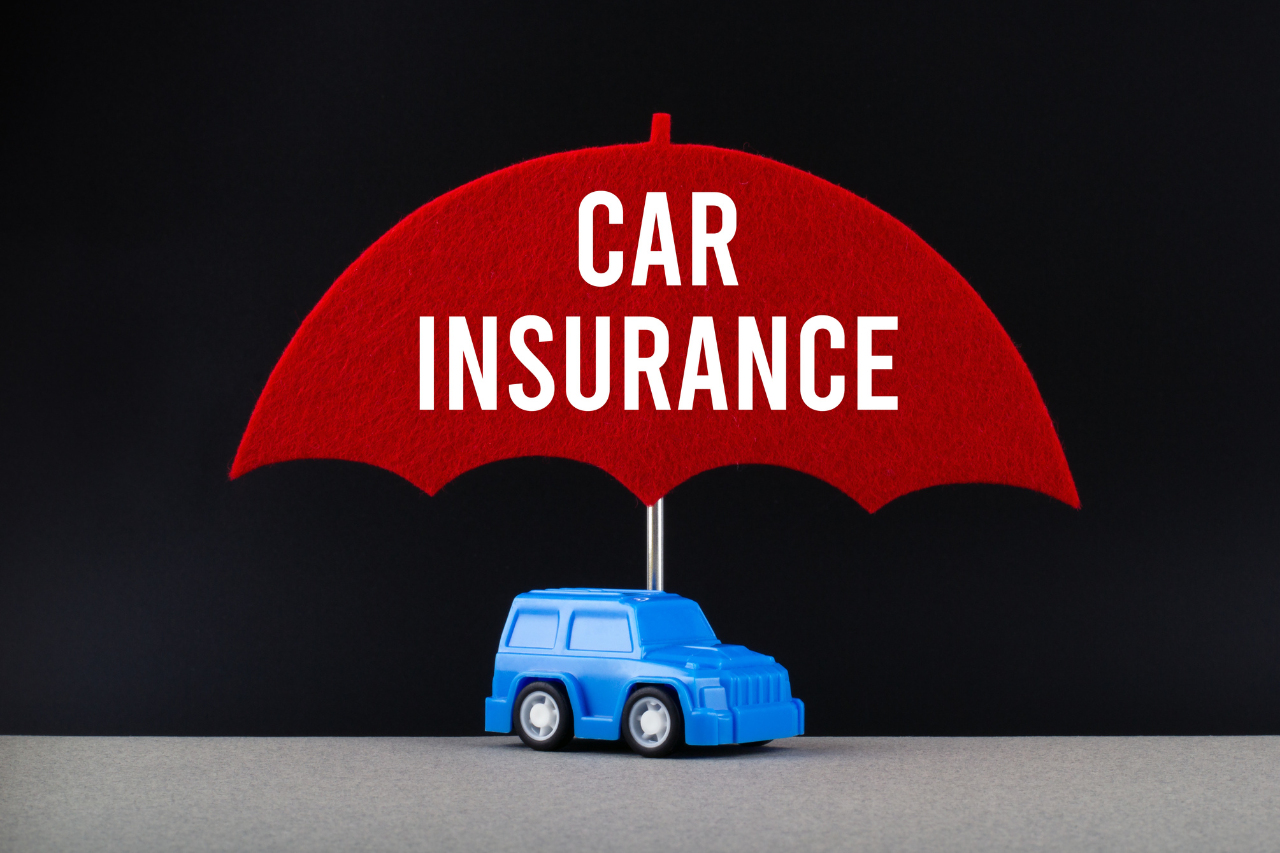
Navigate with Confidence: Policy Types

Share:
Car insurance helps prevent the financial consequences of having an accident. Car Insurance coverage includes liability, collision, and medical payments. There are several types of insurance to consider when buying insurance for a car. Depending on the insurance company and insurance coverage, these insurance plans can vary in scope, cost, and payout benefits. When looking at new policies or reviewing existing policies, it’s essential to understand the different types of protection each provides.
Here’s an overview of the different types of auto insurance available:
Liability Car Insurance
Liability insurance covers the expenses associated with damages caused to another person’s property or injuries to another person resulting from an accident. It is a requirement in all states that drivers have some form of liability insurance, and this insurance will pay for any medical costs or property damage as well as any legal costs incurred by the liable party. The amount of coverage you need on your car insurance policy will depend on the laws in your state and what type of car you drive.
Collision Car Insurance
Collision coverage covers damage to your own vehicle if it is involved in a collision, regardless of who is at fault. It pays for repairs or replacement of the car as well as medical expenses for any injuries resulting from the accident. Collision insurance is typically required if a car loan is taken out to purchase the car, but it can also be an optional coverage on most policies.
Comprehensive Car Insurance
Comprehensive insurance covers damage to your car resulting from events other than a collision, such as fire, theft, or hail. It also typically pays for the value of the car in cases where it is deemed a total loss. Comprehensive insurance is usually optional coverage but can be required if you are leasing or financing your vehicle.
Uninsured/Underinsured Motorist Coverage
Uninsured motorist insurance covers damages to your car and medical expenses if you are involved in an accident with someone who is not insured or does not have enough insurance coverage. Although this type of insurance may not be required in all states, it is important to consider getting it as the costs associated with accidents caused by uninsured drivers can be very high.
Personal Injury Protection (PIP)
Personal Injury Protection (PIP) coverage covers medical expenses and lost wages if you or your passengers are injured in an accident. It pays regardless of who is at fault and typically has no deductible. PIP insurance is required in some states, while it is optional coverage in others.
No-Fault Car Insurance
No-fault insurance is a type of insurance that pays for medical expenses and lost wages regardless of who is at fault in an accident. This insurance typically applies to bodily injury only, not property damage. No-fault insurance is required in some states, while it is optional coverage in others.
Medical Payments and Car Insurance
Medical payments insurance covers medical bills due to an injury caused by an auto accident regardless of fault. It pays for the medical expenses of the driver and any passengers in the car at the time of the accident. This insurance can usually be added to a policy for an additional cost, but it is not legally required in most states.
Other Types of Car Insurance Coverage
Gap Insurance:
Gap insurance covers the difference between your car insurance payout and what you owe on a loan or lease if your car is damaged beyond repair.
Rental Car Reimbursement:
Rental reimbursement insurance pays for rental cars when your own car is being repaired due to an insured event, such as an accident.
Roadside Assistance:
Roadside assistance insurance covers the cost of services such as towing, jump-starts, tire changes, and lockouts.
Umbrella Insurance:
Umbrella insurance provides additional insurance coverage to supplement your auto insurance policy. It can help cover legal costs and other expenses in the event of a lawsuit arising from an accident.
Medical payments coverage:
Medical payments insurance covers the medical expenses of anyone injured in a car accident, regardless of who is at fault. This insurance can usually be added to a policy for an additional cost, but it is not legally required in most states.
Personal Umbrella Insurance:
Personal umbrella insurance provides additional insurance coverage beyond what is offered in a standard car insurance policy. It can help cover legal costs, judgments, and other expenses if you are sued as a result of an accident.
Rental Car Insurance:
Rental car insurance covers damage or theft of a rental car. It can be added to your current insurance policy and is usually available for an additional cost.
Emergency Roadside Assistance:
Emergency roadside assistance insurance covers the cost of emergency services such as towing and fuel delivery.
Mechanical Breakdown Insurance:
Mechanical breakdown insurance covers the cost of repairs for mechanical failures on your vehicle outside of normal wear and tear.
SR-22 Insurance:
SR-22 insurance is a type of insurance required by some states to prove that you have the minimum insurance coverage required by law.
Non-Owner Car Insurance:
Non-owner car insurance provides liability coverage for drivers who do not own their own car. It is typically used by people who rent cars frequently or those who borrow cars from friends and family.
Substitute Transportation Insurance:
Substitute transportation insurance pays for rental cars when your own car is being repaired due to an insured event, such as an accident.
No-Fault Accident Benefits:
No-fault accident benefits insurance pays for medical expenses and lost wages resulting from injuries sustained in an auto accident, regardless of who is at fault. It is available in some states but not all.
Bottom Line
These are just some of the types of insurance coverage available for cars, but there may be others depending on your state and insurance company. Be sure to discuss all the options with your insurance agent so that you can select the coverage that is right for you.
Good insurance coverage is an important part of owning a car, so make sure to do your research and find the insurance policy that best fits your needs. With the right insurance, you can rest assured that you are protected in case of any unexpected events on the road.
Most Popular


What Does Travel Insurance Cover for Families? A Complete Guide


Identity Theft Protection Through Your Bank or Credit Card
Subscribe To Our Weekly Newsletter
Categories
Related Posts

Pet Insurance: The Complete Guide to Protecting Your Pet
Share: In a world where veterinary costs continue to rise, pet insurance has become increasingly vital for pet owners. This comprehensive guide will help you

What Does Travel Insurance Cover for Families? A Complete Guide
Share: Planning a family vacation? Travel insurance can protect your loved ones and your investment. From flight cancellations to medical emergencies, here’s everything you need

Annual vs. Single-Trip Travel Insurance: Which Plan Fits Your Travel Style?
Share: Trying to decide between annual and single-trip travel insurance? This comprehensive guide helps you make the smart choice based on your travel habits, budget,

Identity Theft Protection Through Your Bank or Credit Card
Share: With identity theft cases rising by 70% in the past year, many consumers are turning to their existing financial institutions for protection. What many
